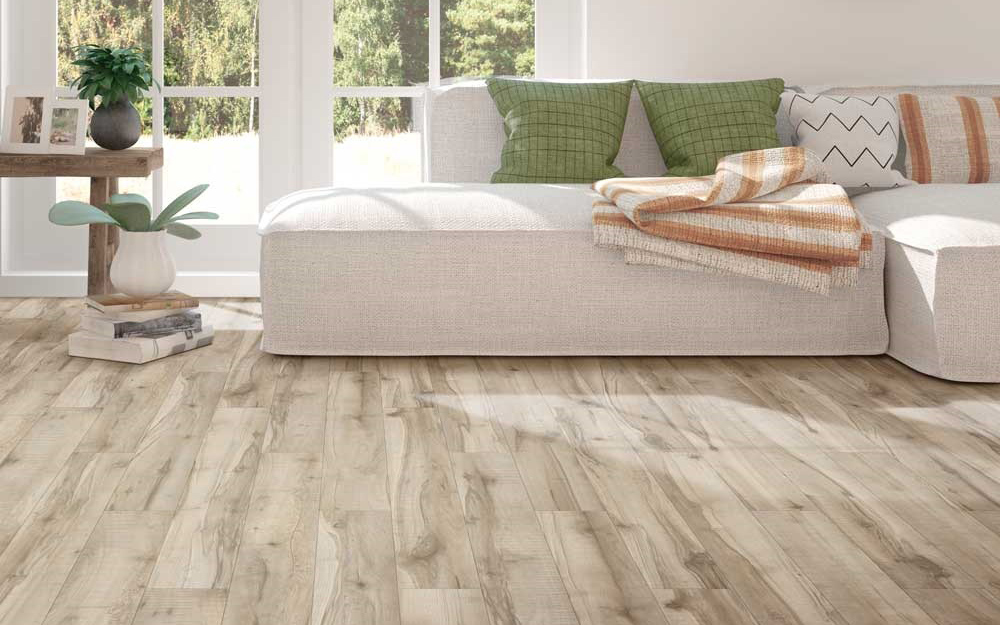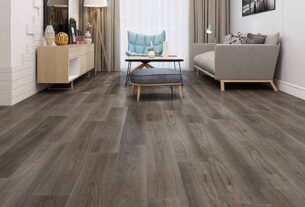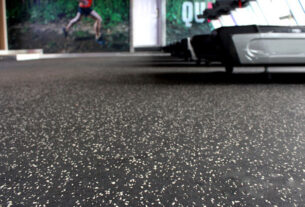Vinyl flooring Dubai has long been a popular choice among homeowners and commercial property owners for its durability, affordability, and stylish appeal. However, with the increasing awareness of environmental issues and the push toward sustainability, many are questioning whether vinyl flooring is an eco-friendly option. If you’re considering vinyl flooring and want to make a sustainable choice, this guide will help you understand the environmental impact and eco-conscious alternatives available in the market.
Understanding Vinyl Flooring and Its Environmental Impact
Vinyl flooring is made from polyvinyl chloride (PVC), a synthetic plastic polymer known for its flexibility and resilience. While it offers benefits such as water resistance, low maintenance, and affordability, traditional vinyl flooring has raised concerns due to its production process and disposal challenges.
Raw Material Extraction – The production of PVC involves extracting petroleum, a non-renewable resource, leading to carbon emissions and environmental degradation.
Chemical Processing – The manufacturing process involves toxic chemicals such as phthalates, which can contribute to indoor air pollution and pose health risks.
Non-Biodegradable Waste – Vinyl flooring is not biodegradable, meaning discarded flooring contributes to landfill waste and can take centuries to break down.
Recycling Challenges – Traditional vinyl flooring is difficult to recycle due to the complex composition of PVC and added chemicals.
Despite these challenges, the flooring industry has made significant strides in producing eco-friendly vinyl flooring options that minimize environmental impact.
Eco-Friendly Vinyl Flooring: A Step Towards Sustainability
While traditional vinyl flooring has its downsides, manufacturers have introduced greener alternatives that are designed to be more environmentally responsible. Here are some sustainable vinyl flooring options:
Low-VOC Vinyl Flooring
Volatile Organic Compounds (VOCs) are harmful chemicals emitted by various building materials, including traditional vinyl flooring. Low-VOC vinyl flooring is designed to release fewer toxic emissions, improving indoor air quality and creating a healthier living space. When shopping for eco-friendly vinyl flooring, look for products with FloorScore® or GREENGUARD Gold Certification, which indicate low VOC emissions.
Recyclable and Recycled Vinyl Flooring
Some manufacturers now produce vinyl flooring that incorporates recycled materials or can be recycled at the end of its life cycle. Luxury Vinyl Tile (LVT) and WPC (Wood Plastic Composite) vinyl flooring often contain post-consumer recycled content, reducing the need for virgin PVC. Brands that offer take-back programs allow old vinyl flooring to be repurposed into new products, reducing landfill waste.
Phthalate-Free Vinyl Flooring
Phthalates are plasticizers used to make vinyl flexible, but they have been linked to health risks such as respiratory issues and hormone disruption. To address this concern, leading flooring brands now offer phthalate-free vinyl flooring, ensuring a safer indoor environment.
Bio-Based Vinyl Flooring
Some manufacturers are experimenting with bio-based alternatives to PVC, such as flooring made from natural or renewable materials while still maintaining the durability of traditional vinyl. While these options are not yet widespread, innovations in the industry are promising.
How to Choose Sustainable Vinyl Flooring
If you want to ensure your vinyl flooring choice is as eco-friendly as possible, consider the following tips:
Look for Certifications – Choose vinyl flooring with eco-certifications like FloorScore®, GREENGUARD, and Cradle to Cradle Certified®, which indicate sustainability and low environmental impact.
Opt for Recycled Content – Flooring that contains post-consumer or post-industrial recycled materials helps reduce reliance on virgin plastics.
Avoid Harmful Additives – Select phthalate-free and low-VOC flooring to minimize health risks and indoor air pollution.
Support Take-Back Programs – Some brands offer recycling programs where old vinyl flooring is repurposed instead of being sent to landfills.
Choose Durable Products – Longer-lasting flooring reduces waste and the need for frequent replacements, making it a more sustainable choice in the long run.
Alternatives to Vinyl Flooring for an Eco-Friendly Home
If sustainability is your top priority, you may also want to explore eco-friendly alternatives to vinyl flooring. Some excellent options include:
Cork Flooring – A renewable material that is biodegradable, insulating, and comfortable underfoot.
Bamboo Flooring – A fast-growing and sustainable alternative to hardwood flooring.
Linoleum Flooring – Made from natural materials such as linseed oil, linoleum is biodegradable and emits no harmful VOCs.
Reclaimed Wood Flooring – Repurposing old wood minimizes waste while offering a timeless and elegant flooring solution.
Final Thoughts
Vinyl flooring Dubai can be a sustainable choice if you opt for eco-friendly versions that prioritize low VOC emissions, recycled materials, and responsible manufacturing. By choosing greener flooring options, you contribute to a healthier home and a cleaner planet. However, if you’re looking for an even more sustainable alternative, exploring natural flooring materials like cork, bamboo, or reclaimed wood can be a great decision.
The future of flooring is shifting towards sustainability, and as consumers become more eco-conscious, manufacturers are responding with better, greener products. If you’re planning a flooring upgrade, consider your environmental impact and make a choice that aligns with a more sustainable lifestyle.





